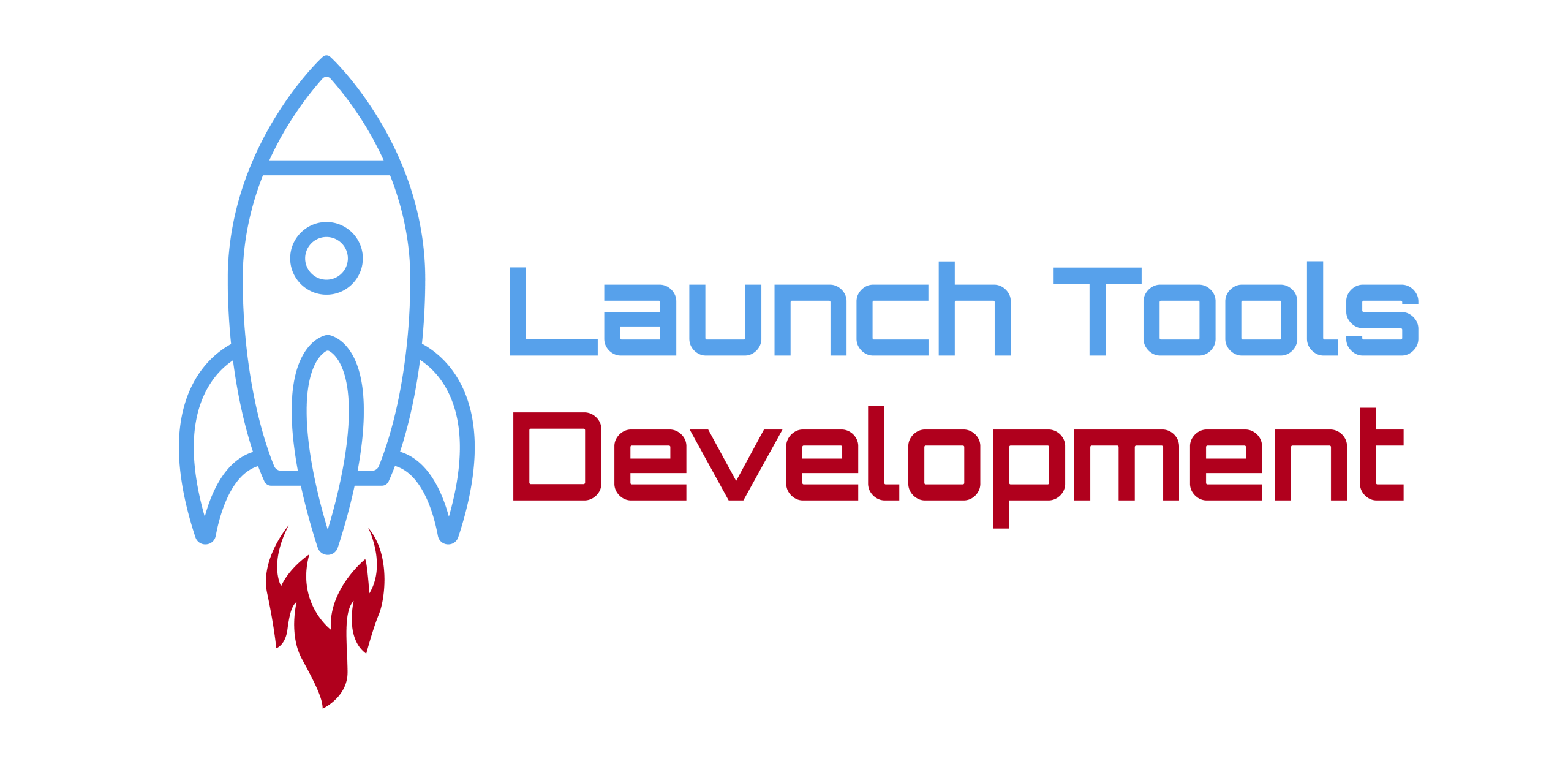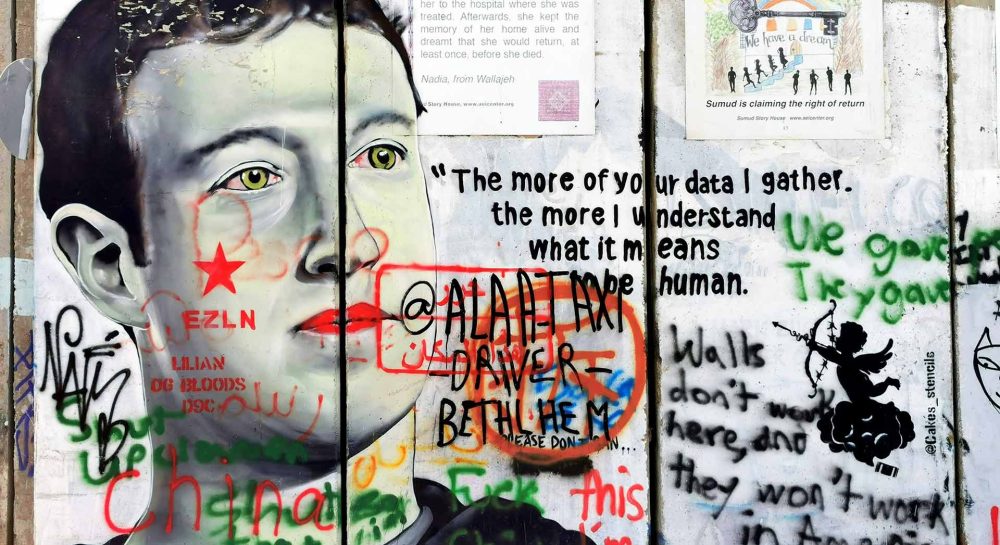Mark Zuckerberg just fired the starting gun on a new arms race, and the ultimate prize is nothing less than the creation of God-like digital intelligence. In a series of announcements and a leaked internal letter, Meta has made its new ambition terrifyingly clear: it is no longer just building AI; it is in a dedicated, all-out pursuit of Artificial General Intelligence (AGI), or “superintelligence.”
For business leaders, technologists, and educators, this is a moment to stop and pay very close attention. This isn’t another product announcement or a pivot toward the metaverse. This is a fundamental shift in the technological landscape. Meta is betting the entire company on the idea that owning the “brain” that will power the next century is the only game worth playing.
And they’re planning to build it with brute force.
The scale of the operation is staggering. The company is currently building a computing infrastructure that will include over 350,000 of Nvidia’s H100 GPUs—the gold standard for AI processing—by the end of the year. To put that in perspective, that’s an arsenal of computational power that dwarfs the resources of most nations. This isn’t a research project; it’s a declaration of technological warfare against rivals like Google and OpenAI.
But the most disruptive part of Zuckerberg’s plan isn’t the hardware; it’s the strategy. He has pledged to make this future AGI open source.
This is a masterstroke of business strategy. While competitors like OpenAI keep their most powerful models under lock and key, Meta is planning to give its AGI away. By doing so, they aren’t just building a product; they are attempting to create the entire ecosystem. They are positioning themselves to be the “Android” of the AI world—the free, open platform upon which millions of developers will build the next generation of applications.
This creates a two-sided reality for all of us.
The Immense Opportunity
For entrepreneurs and established businesses, a powerful, open-source AGI is a phenomenal gift. It radically democratizes access to intelligence that was previously unimaginable. The potential is breathtaking:
- Hyper-Automation: The ability to automate not just simple tasks, but complex, multi-step workflows across legal, HR, and sales departments.
- Accelerated Innovation: Startups can build solutions for complex problems like drug discovery or materials science without needing their own massive AI infrastructure.
- Unprecedented Personalization: The power to create truly one-to-one experiences for customers at a scale that is currently impossible.
The Sobering Reality
However, this firehose of raw intelligence comes with a profound challenge. As an educator and a business operator, this is where my concern lies. Raw intelligence without direction is not only useless; it can be dangerous. It accelerates the “Great Divide” between those who can strategically wield these tools and those who are simply replaced by them.
This technology will not relieve you of work; it will place the work of ten people upon you, because now you have the leverage to do it. The competitive advantage of the future will not be access to AI—Meta is making that a commodity. The advantage will be your ability to apply it.
- Can you ask the right questions to solve a specific business problem?
- Can you integrate the AI’s power into a real-world workflow to make it more efficient?
- Can you use it to augment your team’s skills, rather than atrophy them?
Zuckerberg’s AGI quest isn’t really about creating a “thinking machine.” It’s about creating the new foundational layer of the global economy. For decades, businesses have been built on access to information. In the very near future, they will be built on access to intelligence.
The companies and individuals who thrive will be those who see AI not as a magic black box or an easy button, but as the most powerful tool ever created for problem-solving. It’s a massive opportunity, but the price of admission is a commitment to critical thinking and strategic application. The game is no longer about being the smartest person in the room; it’s about being the best at using the smartest thing in the room.

